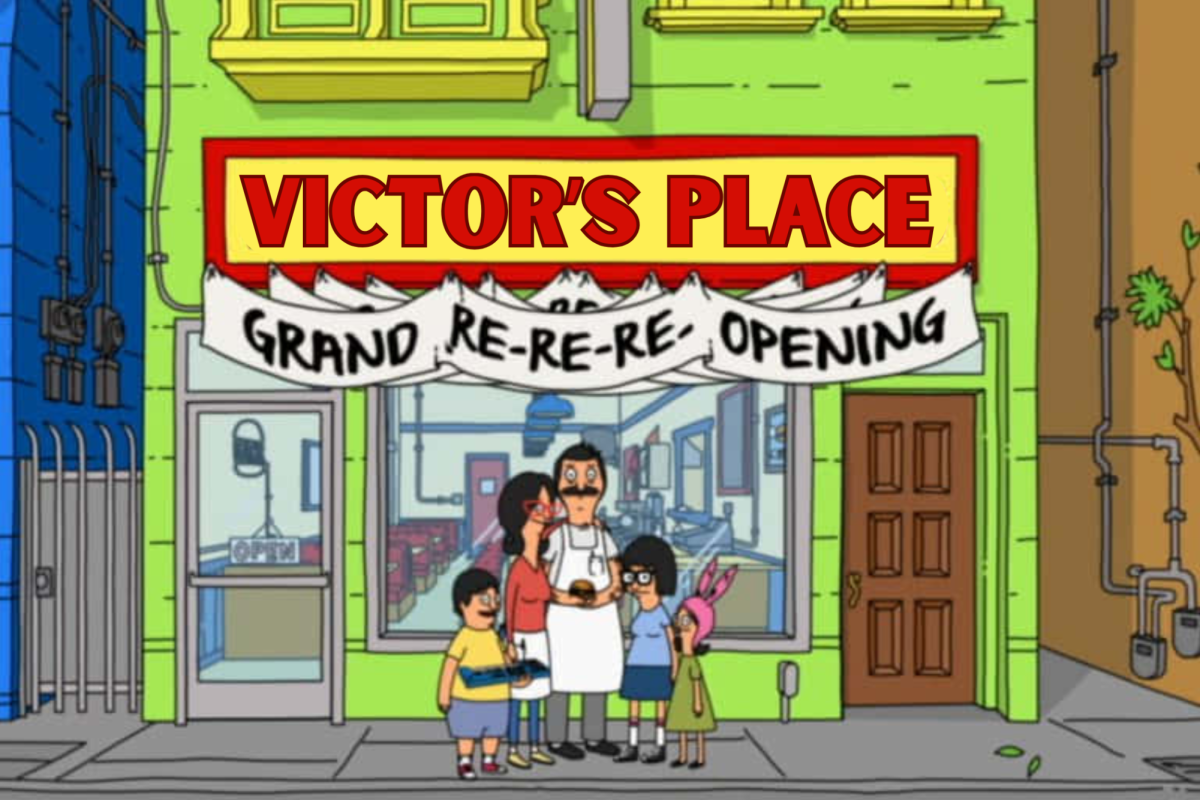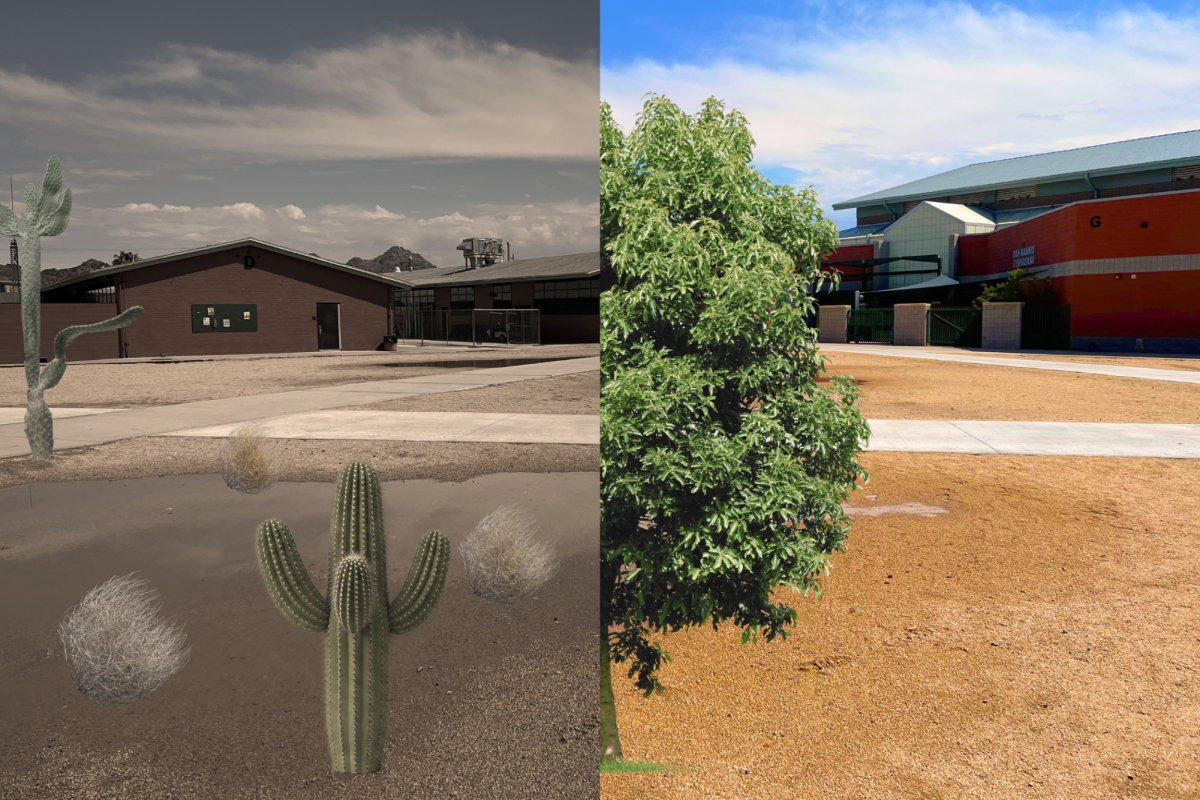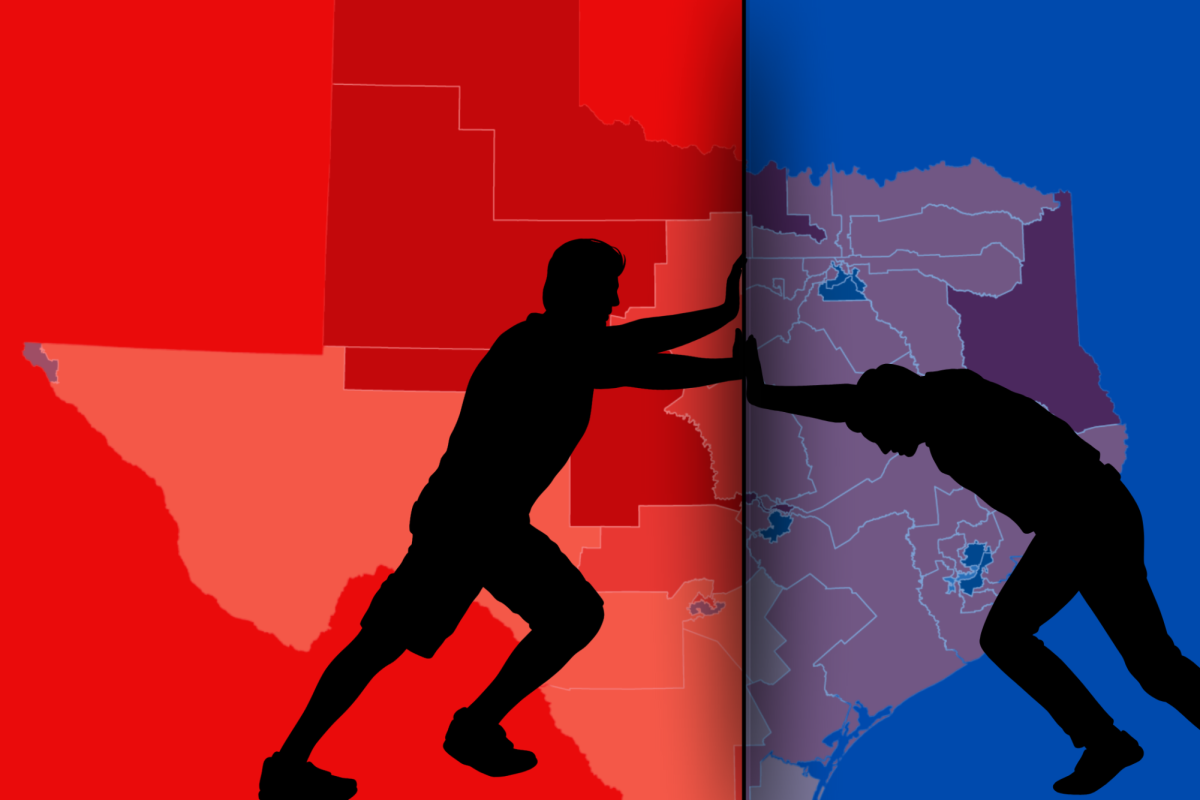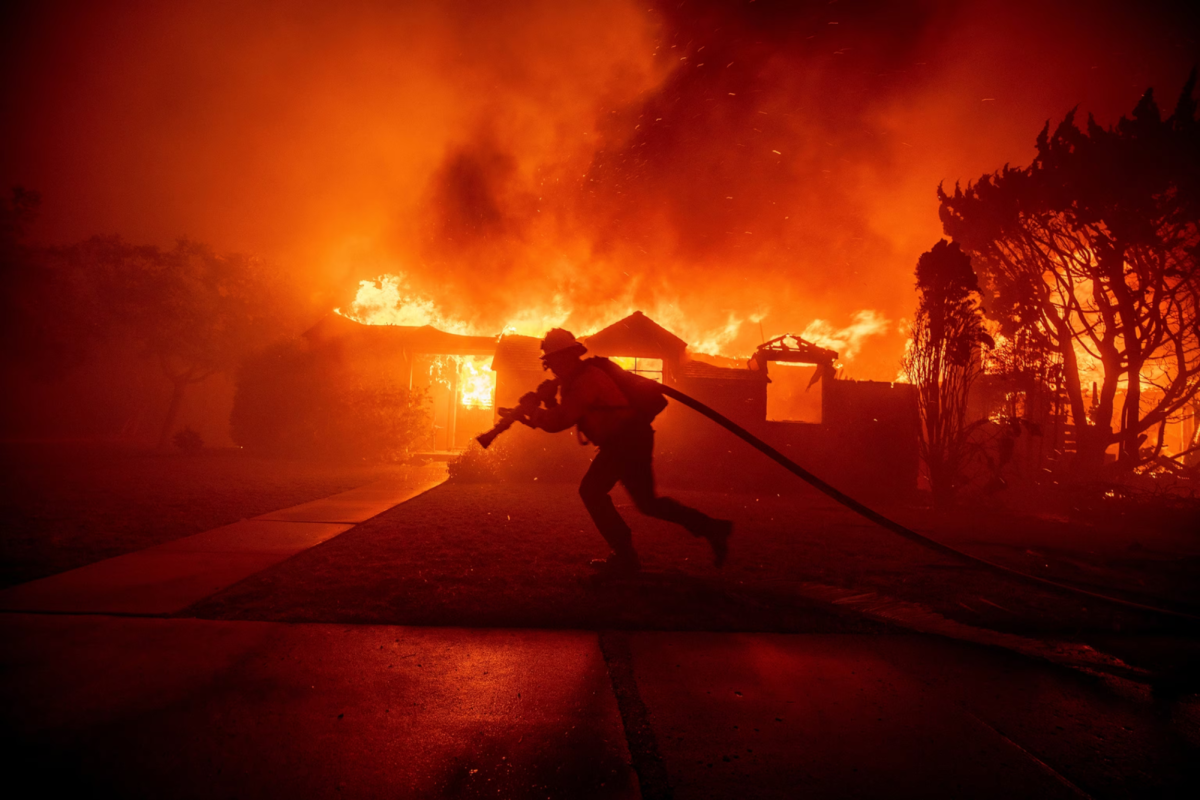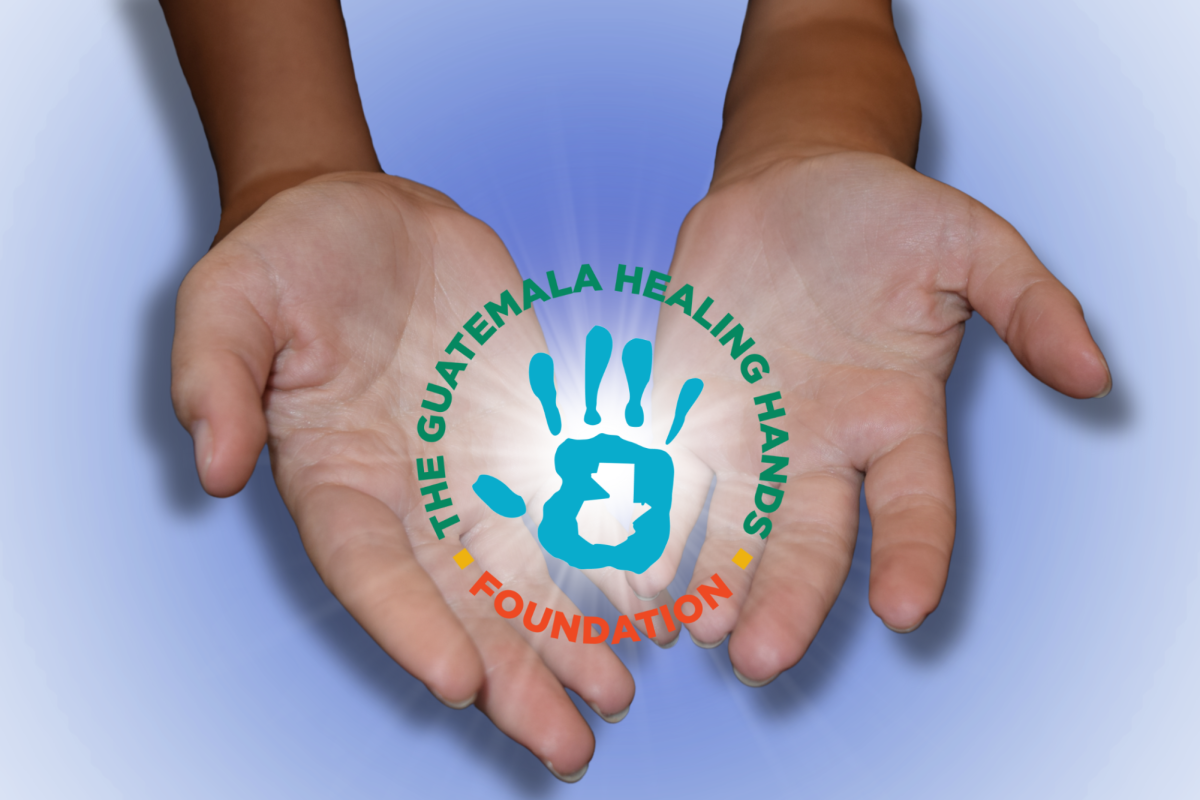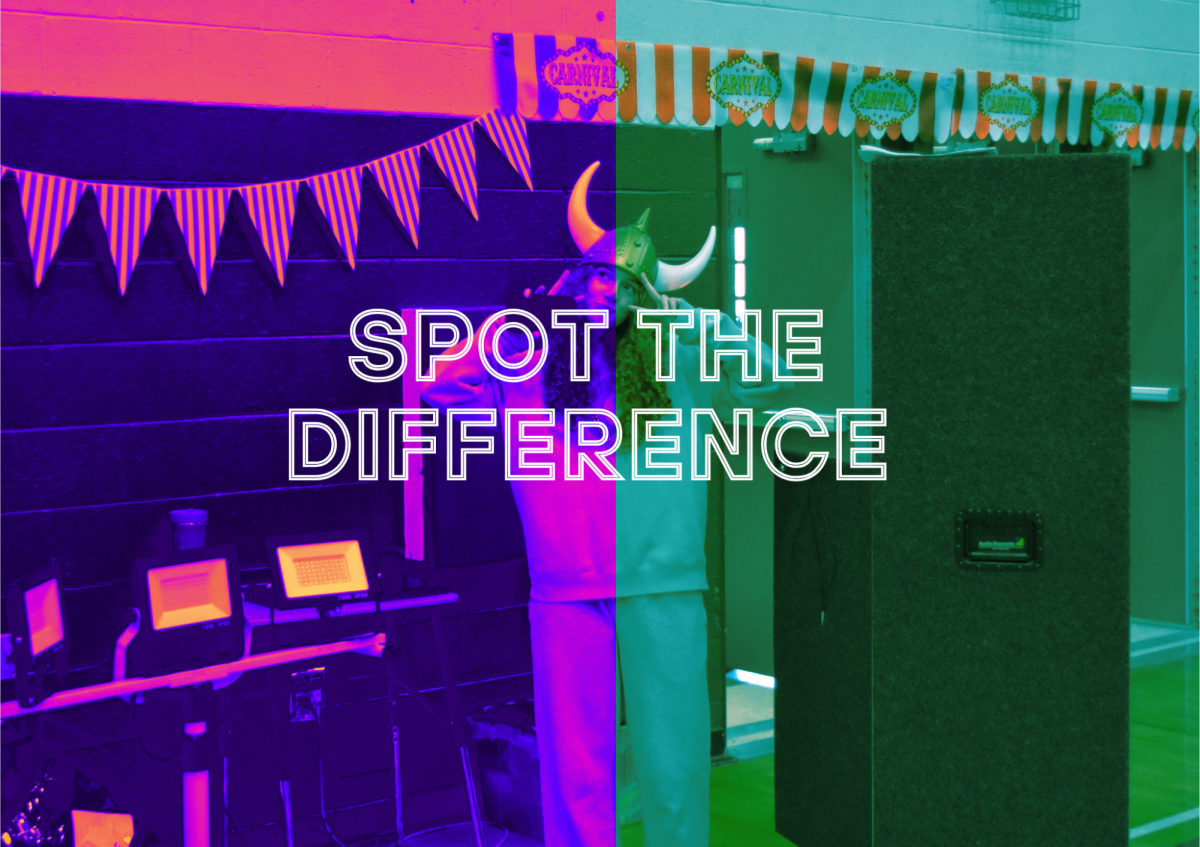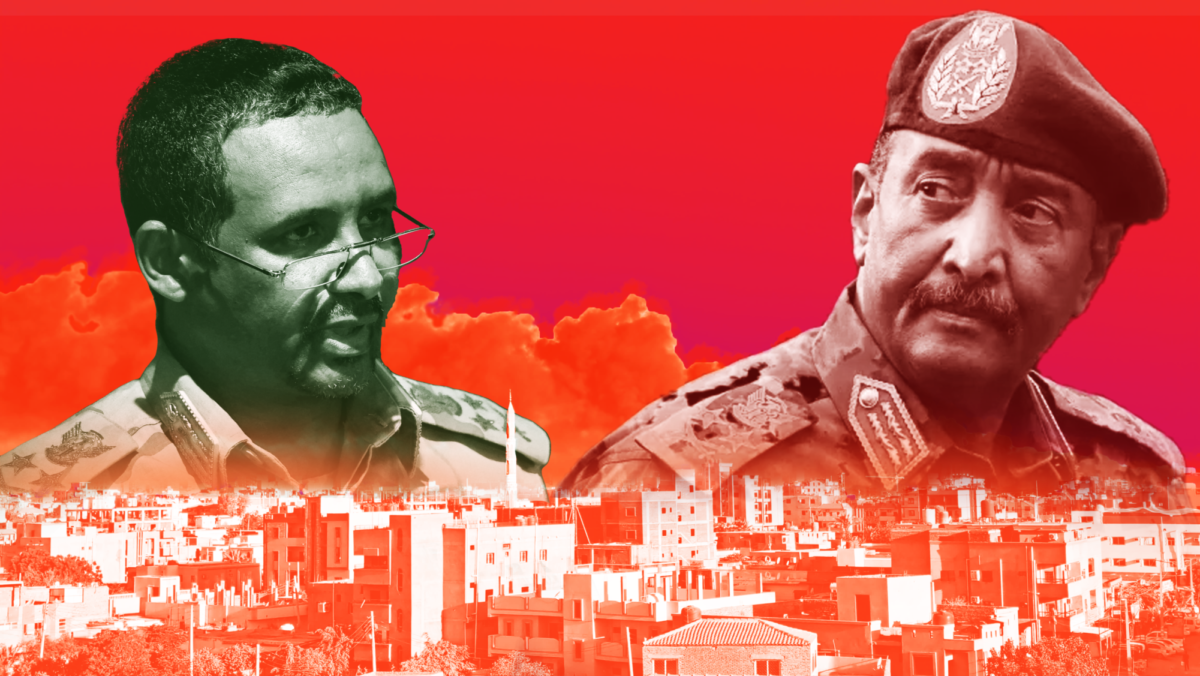The Sudanese Armed Forces and the Rapid Support Forces, two powerful military groups, have been battling for control of Sudan since April which has led the country into a conflict that threatens to become a civil war, according to UN reports.
The UN is urging the Sudanese Armed Forces (SAF) and the Rapid Support Forces (RSF) to stop fighting because the conflict is threatening to the economy of Central Africa and the wellbeing of the region’s people.
“We are calling for an immediate end to all hostilities,” said the UN in a statement on August 15th. “[We must] act to put a stop to this war.”
Sudan has a history of these conflicts – since its independence in 1956, it has been through two civil wars, fifteen military coups, and a number of instances of flooding, disease outbreak, and famine.
Some of these floods and droughts have been recent, and Sudan was still recovering when the conflict began.
“Sudan has been heavily impacted recently due to floods and droughts, leading to crop destruction and food insecurity for many,” said the UN Refugee Agency.
Prices of basic goods have skyrocketed, making resources less obtainable for many people.
The UN detailed many of these alarming price increases: basic food items are 40-100% more expensive, and fuel prices have risen from $4.20 USD to about $67 USD.
Food is also a huge issue – farmers are struggling to grow enough food, leading to food shortages that become worse when conflict breaks out.
“15 million people are facing severe food insecurity,” said an article from the Council on Foreign Relations (CFR). “They don’t have enough food to lead a healthy life.”
With so much violence and insecurity, many Sudanese people have been forced to leave their homes and find refuge elsewhere.
“Over 3.4 million people have been displaced within the country, and over a million have fled to outside countries,” said the International Organization for Migration on August 15th. “Those who escaped Sudan arrived in other countries in the region, including Egypt, Libya, Chad, the Central African Republic, South Sudan, and Ethiopia.”
This is troubling for Central Africa, as instability in Sudan will have a ripple effect throughout the rest of the region.
Chad and Egypt have received the highest number of refugees, and these countries don’t have the resources to accommodate so many refugees, as they struggle with many of the same problems as Sudan.
“Chad is a land-locked country that suffers from chronic food and nutrition insecurity,” said the United States Agency for International Development. “Egypt relies on global markets for over half of its food supply.”
Farmers within these countries will need to increase production which will put a strain on them.
“Time is running out for farmers to plant the crops that will feed themselves and their neighbors,” said UN agencies.
In addition to food struggles, many of the surrounding countries are worried about more conflict in their own countries.
“Five of the seven countries surrounding Sudan have recently suffered internal conflict,” said the CFR. “These countries are concerned about spillover conflict.”
As these concerns become worse, surrounding countries have taken more drastic measures.
“Chad closed its land border with Sudan,” said the CFR. “Egypt’s is open, but crossing is often delayed by days.”
Other countries, as well as the UN, are urging the military forces in Sudan to stop fighting, both to protect its own people and to protect the region around the nation as well.
“There have been negotiations sponsored by the United States and Saudi Arabia, as well as negotiations in Egypt,” said the CFR. “They’ve all been unsuccessful so far.”
Both of the groups fighting in Sudan have promised ceasefires although they haven’t been followed so far.
The UN and surrounding nations continue to call for peace in Sudan, but it’s up to the SAF and RSF to put an end to the senseless violence.
If the conflict continues, Sudan and Central Africa will continue to face mounting insecurity, but currently, there is no end in sight for those struggling.

